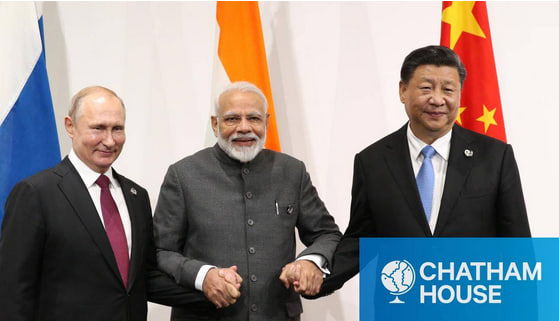Not neutral : On India’s stand on Ukraine at the U.N.
India cannot be seen as dithering on issues of any nation’s sovereignty
Nearly one year to the date of Russian President Vladimir Putin’s launch of attacks on Ukraine (February 24, 2022), the UN General Assembly’s vote on the latest resolution to criticise Russia resulted in 141 votes in favour, seven against (it includes Russia) and 32 abstentions (it includes India and China). The resolution, or a Call for a “ just and lasting peace ”, that was eventually sponsored by more than 70 countries, demanded an immediate cessation of hostilities , and appealed for accountability at international courts for rights violations and war crimes. Significantly , the sponsors , led by the U.S., its allies , and European Union countries, did not call-for peace talks — something Ukrainian President Volodymyr Zelenskyy does not favour at present, given the status-quo advantage that lies with Russian forces having laid claim to about one-fifth of Ukrainian territory. Two amendments suggested by Russia’s ally Belarus, to replace the term “ invasion ” with what Russia calls “Special Military Operations”, and to call for dialogue immediately, were rejected. As a result, although there is a military stalemate in Ukraine, casualties continue to rise, and western sanctions have not found favour with much of the world, Ukraine and NATO countries called the vote a major victory — much like they had in a similar vote, on March 2, 2022.
In spite of several attempts by the U.S. and the European countries, India abstained , which it has consistently done since last year on any resolution at key UN bodies that has been critical-of Russia. In explanations by External Affairs Minister S. Jaishankar at international fora — some of which were reiterated by India’s UN envoy on Thursday — the Modi government has asserted its strategic autonomy , citing its traditional relationship with Moscow, its initial concerns of becoming a party to the conflict while Indian students were caught in the middle, stressing that “ diplomacy and dialogue” are the only way-forward , and claiming that it is required to maintain a “ neutrality ” of-sorts to leave space for mediation . While its decision to reject unilateral western sanctions on Russia and increase trade in fuel and fertilizers with Moscow can be explained by its desire for independent decision making, it is becoming increasingly hard for New Delhi to hold that abstaining from voting at the multilateral stage is a principled stand . It has become very clear that this is indeed a Russian invasion of its smaller, sovereign neighbour , one that has not been halted despite Russia gaining its initially announced strategic goals. Prime Minister Modi’s celebrated statement that “this era is not of war” has not been heeded by President Putin, and it is unclear if Ukraine sees India as an unbiased mediator . India has proven over decades that it will not vote under duress , yet the global and regional leadership that New Delhi claims cannot come from appearing diffident over basic principles of sovereignty and territorial integrity .
